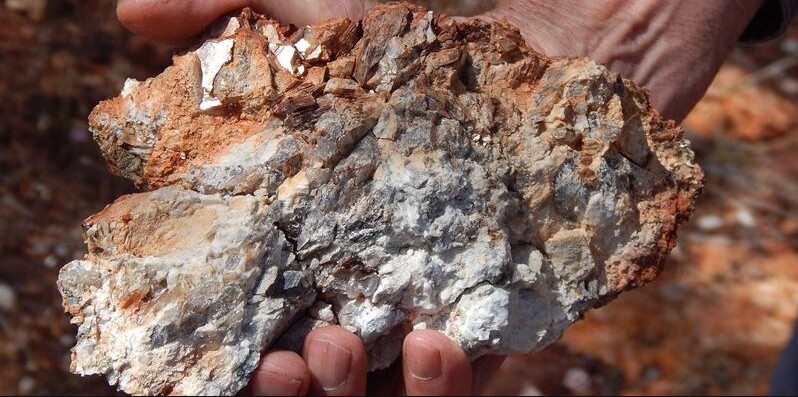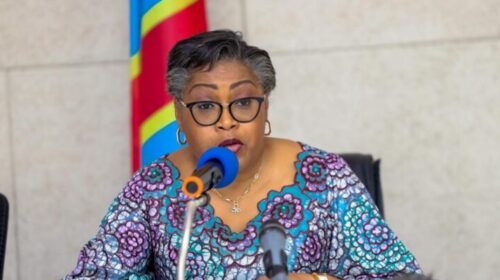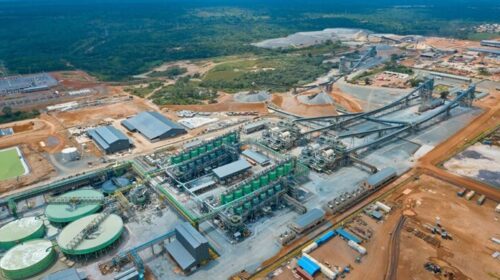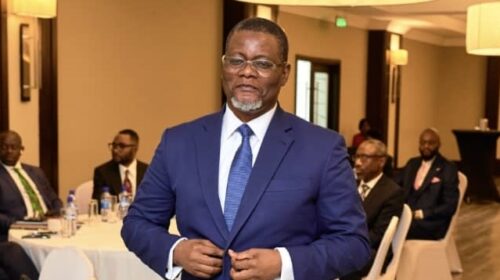DRC’s Vast Mineral Wealth Faces Control and Benefit Challenges Amid Global Energy Transition
The Democratic Republic of Congo (DRC) is one of Africa’s most mineral-rich nations, boasting vast reserves of essential resources like lithium and cobalt—key components in batteries that are critical for the global transition to renewable energy.
Despite this enormous potential, the DRC struggles to exercise full control over its mineral wealth or reap significant benefits from its exploitation, largely dominated by multinational corporations such as CMOC, Glencore, and Zijin.
These concerns were highlighted by Faustin Biringanine, Director General of the Mining Fund for Future Generations (FOMIN), during the panel titled “Profiles of Mining Operators to Contribute to Strategic Objectives and Ways to Attract Them,” organized by the NGO Resource Matters from December 3 to 5.
In his address, Biringanine emphasized the DRC government’s inability to adequately monitor and benefit from its mining sector.
He pointed out the inefficiencies within the geological service of the supervisory ministry, which hinder effective oversight.
“Is the Congolese government able to capture all the mining products we have? I say no because we do not capture everything,” Biringanine said.
“And all the by-products associated with copper and cobalt—where are they accounted for? China has become a leading producer, but at what cost to us? We don’t even know which by-products are extracted from our soil.”
Biringanine urged Congolese civil society and the socio-political class to advocate for stricter control and equitable profit-sharing from mineral by-products exported by multinational companies.
He criticized the lack of transparency regarding what is extracted and exported, claiming many by-products are exported without proper authorization or acknowledgment.
“I want Congolese civil society to get involved so the government can finally capture all the by-products being exported,” he said.
“Until now, these belong to the Congolese state, but companies have not been authorized to export them. Can they tell us everything they extract and take? We Congolese are unaware of what is being taken from our subsoil. This lack of awareness allows foreign companies to take products we do not even recognize yet.”
Biringanine cited evidence from the CEEC (Centre of Expertise, Evaluation, and Certification), which has shown that many miners are misappropriating minerals. He called on the collective conscience of the Congolese people to demand accountability and action.
To address some of these challenges, the DRC has taken steps to enhance its geological capabilities. In May, Gécamines, a state-owned mining company, signed an agreement with the French Bureau of Geological and Mining Research (BRGM).
The collaboration focuses on conducting geological studies to better understand and develop the DRC’s primary resources, including copper, cobalt, tin, zinc, gallium, and germanium.
This partnership aims to revitalize cooperation with France and bolster the DRC’s ability to assess and manage its mineral wealth effectively.
The DRC’s vast mineral resources have the potential to drive its economic development and contribute significantly to the global energy transition.
However, this will require enhanced governmental oversight, transparency, and active participation from civil society to ensure the country reaps the full benefits of its resources.
The recent partnership with BRGM offers a promising step toward addressing these challenges and unlocking the nation’s true potential.
SOURCE:batterymetalsafrica.com
![]()





